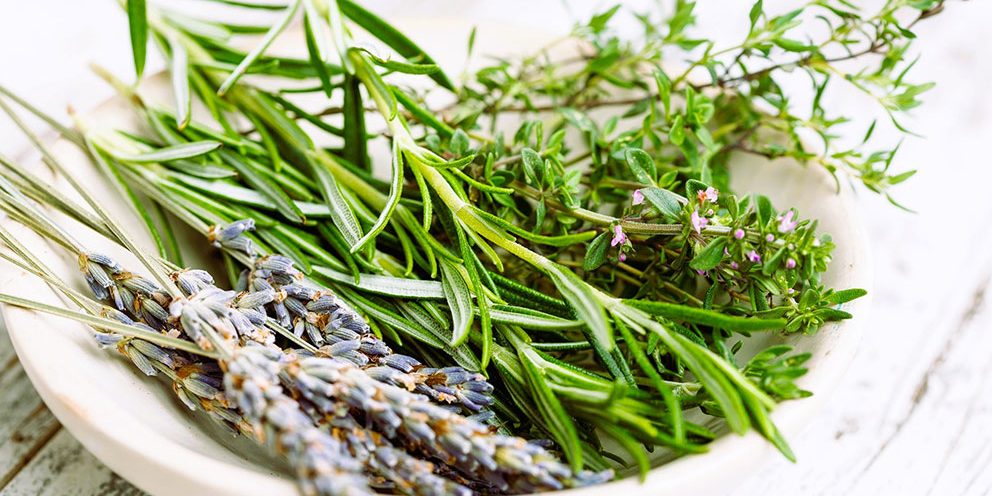As autumn approaches, bringing with it the changing leaves and cooler temperatures, it’s the perfect time to explore the incredible benefits of incorporating warming spices and aromatics into your daily cooking routine. Not only do these flavorful ingredients enhance your culinary creations, but they also offer remarkable anti-cancer properties that can be particularly beneficial for women going through menopause.
Menopause and Hormonal Changes
Menopause represents a pivotal phase in a woman’s life, accompanied by hormonal shifts that can influence both physical and emotional well-being. During this transition, hormonal changes, particularly a decrease in estrogen and progesterone, can impact a woman’s risk of various types of cancer. Let’s delve into the details:
- Breast Cancer: Estrogen can stimulate the growth of hormone receptor-positive breast cancers, and hormone replacement therapy (HRT) may also affect risk.
- Uterine Cancer: An imbalance between estrogen and progesterone can lead to endometrial (uterine) cancer, often characterized by postmenopausal bleeding.
- Ovarian and Cervical Cancer: Ovarian cancer risk rises with age and potential prolonged estrogen exposure, while cervical cancer is primarily associated with HPV, with hormonal changes influencing the body’s response.
The Role of Aromatics and Spices in Cancer Prevention:
Understanding the value of aromatic herbs and spices in the prevention of cancer is crucial. Let’s explore two botanical families, Lamiaceae and Apiaceae, and their exceptional contributions to your health:
Lamiaceae: Peppermint, Thyme, Marjoram, Oregano, Basil, Rosemary, Sage, Laurel
Common in Mediterranean cuisine, these aromatic herbs contain terpenes with anti-cancer properties that can inhibit cancer cell proliferation. Additionally, they boast ursolic acid, which combats cancer from multiple angles.
Apiaceae: Parsley, Cilantro, Fennel, Cumin, Celery
Frequently found in Indian and Mediterranean dishes, these spices, including turmeric, cayenne, coriander, cumin, and parsley, create a potent anti-cancer blend. Celery and parsley contain apigenin, a powerful polyphenol known to induce programmed cell death and inhibit the growth of cancer cells.
Additional Anticancer Spices
Various other spices, such as chili, cayenne, cloves, cardamom, and cinnamon, exhibit significant anticancer activity. Capsaicin, found in chili and cayenne, is particularly noteworthy.
Enhancing Your Culinary Experience
Transform your cooking into a magical journey by embracing spices from around the world:
- Mediterranean Flavors: Utilize thyme, parsley, oregano, bay leaves, smoked paprika, saffron, rosemary, and garlic.
- Indian Delights: Experiment with turmeric, curry, saffron, chili, coriander, cardamom, and the Garam Masala spice blend.
- Chinese Fusion: Explore Chinese Five-Spice powder, ginger, garlic, green onion, soy sauce, hoisin sauce, and oyster sauce.
- Japanese Elegance: Enjoy miso soup, green onions, ginger, garlic, wasabi, soy sauce, and yuzu (citrus).
- Italian Classics: Savor fresh basil leaves, thyme, oregano, and bay leaves.
While these spices are a culinary delight, be cautious with hot spices like cayenne and chili, as they can exacerbate hot flashes during menopause.
In Conclusion
Embrace the magic of herbs and spices in your cooking, not only for their exquisite flavors but also for their potential health benefits. With the right blend of aromatic ingredients, you can make your culinary creations both delightful and supportive of your well-being.
Bon appétit!
Tara Kashani.
Body Health. Food and Nutrition. Lifestyle. Menopause.
The information regarding the benefits against cancer is sourced from the 20th edition of Dr. Odile Fernández Martínez’s book, “Mis recetas anticancer.”
1) Rabi T, Bishayee A. Terpenoids and breast cancer chemoprevention. Breast Cancer Res Treat. 2009 May; 115(2): 223-39
2) Al-Kalaldeh JZ, Abu-Dahab R, Afifi FU. Volatile oil composition and antiprolifertive activity of Laurus nobilis, Origanum syriacum, Origanum vulgare, and Salvia triloba against human breast adenocarcinoma cells. Nutr Res. 2010 Apr; 30(4): 271-8
3) Chiang LC, et al. Anti-proliferative effect of apigenin and its apoptotic induction in human Hep G2 cells. Cancer Lett. 2006 Jun 18; 237 (2): 207-14.
4) Dou D., Ahmad A, Yang H, Sarkar FH. Tumor cell growth inhibition is correlated with levels of capsaicin present in hot peppers. Nutr. Cancer. 2011; 63(2): 272-81
If you enjoyed this article and would like to help us support this beautiful project so we can continue creating amazing content; please help us by donating as little as the cost of a coffee or as much as you like.
and






